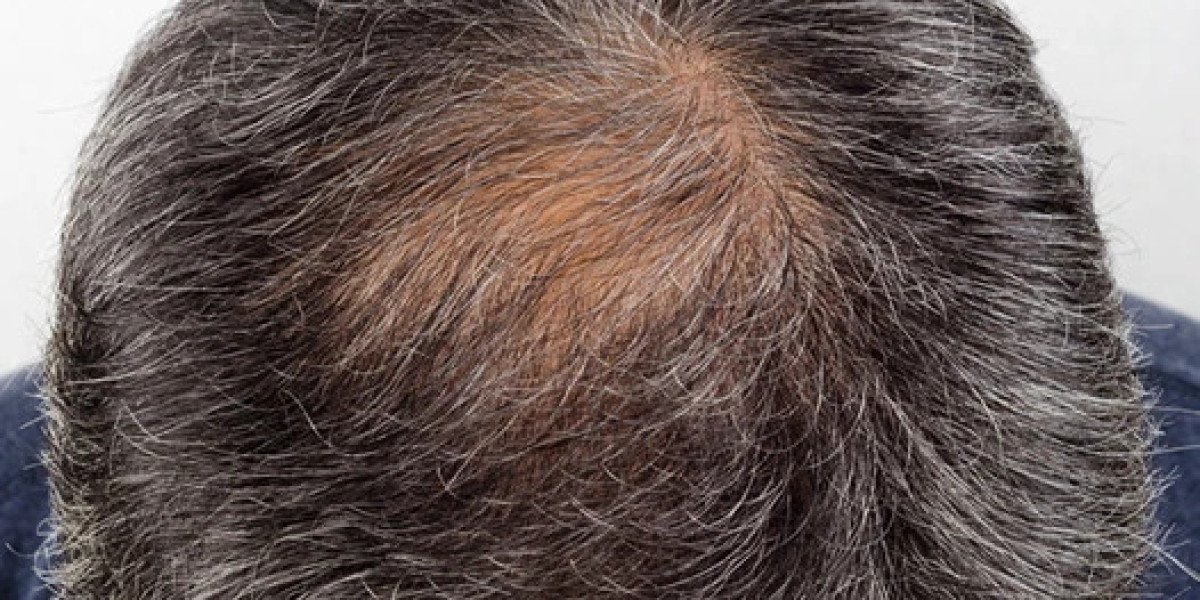Male pattern baldness is a common concern among men in Dubai. Many individuals turn to medications as a solution to slow down hair loss and promote regrowth. However, concerns about long-term safety and effectiveness often arise. Male pattern baldness treatment (علاج الصلع للذكور ) understanding how these medications work and their potential side effects can help in making an informed decision.
Common Medications for Male Pattern Baldness:
There are two primary medications widely used to treat hair loss:
Finasteride:
A DHT-blocking oral medication that prevents hair follicle shrinkage.
Taken daily to slow down hair loss and potentially encourage regrowth.
May take several months to show noticeable results.
Minoxidil
A topical solution applied directly to the scalp.
Works by increasing blood circulation to the hair follicles.
Available in different strengths and formulations.
Are Hair Loss Medications Safe for Long-Term Use?
Long-term use of hair loss medications can be safe for many individuals, but it is important to understand the potential risks and benefits. Below are key considerations when using these treatments over extended periods:
Effectiveness Over Time:
Hair loss medications work best when used consistently.
Some individuals may experience reduced effectiveness after prolonged use.
Combining medications with other hair growth treatments can enhance results.
Potential Side Effects:
While most users tolerate these medications well, some may experience side effects, including:
For Finasteride: Decreased libido, dizziness, and in rare cases, mood changes.
For Minoxidil: Scalp irritation, dryness, and unwanted hair growth in adjacent areas.
Dependency on Medications:
Stopping the use of these medications may result in hair loss resuming.
Gradual reduction in dosage or combining with other treatments can help maintain results.
Alternatives to Long-Term Medication Use:
For those concerned about the long-term use of hair loss medications, alternative treatments may be considered:
Platelet-Rich Plasma (PRP) Therapy:
Uses the body’s own platelets to stimulate hair growth.
Can be used in conjunction with or as a replacement for medications.
Low-Level Laser Therapy (LLLT):
A non-invasive treatment that promotes hair follicle activity.
Safe for long-term use without significant side effects.
Hair Growth Shampoos and Serums:
Infused with DHT blockers and essential nutrients.
Can support hair health alongside other treatments.
Lifestyle and Dietary Changes:
Reducing stress, maintaining a balanced diet, and proper scalp care can improve hair health.
Supplements containing biotin, iron, and omega-3 fatty acids can strengthen hair follicles.
Factors to Consider When Choosing a Treatment Plan:
Severity of Hair Loss: Some medications work better for early-stage baldness, while advanced cases may require additional treatments.
Individual Health Conditions: Some people may have contraindications for long-term medication use.
Commitment to Treatment: Consistency is key for successful results.
Conclusion:
Hair loss medications can be a safe and effective solution for managing Male pattern baldness treatment (علاج الصلع للذكور ) when used correctly. While long-term use is generally safe, potential side effects and dependency should be considered. Exploring alternative treatments and maintaining a healthy lifestyle can further enhance hair health. Consulting a specialist before starting any long-term treatment plan can ensure the best approach for individual needs.








